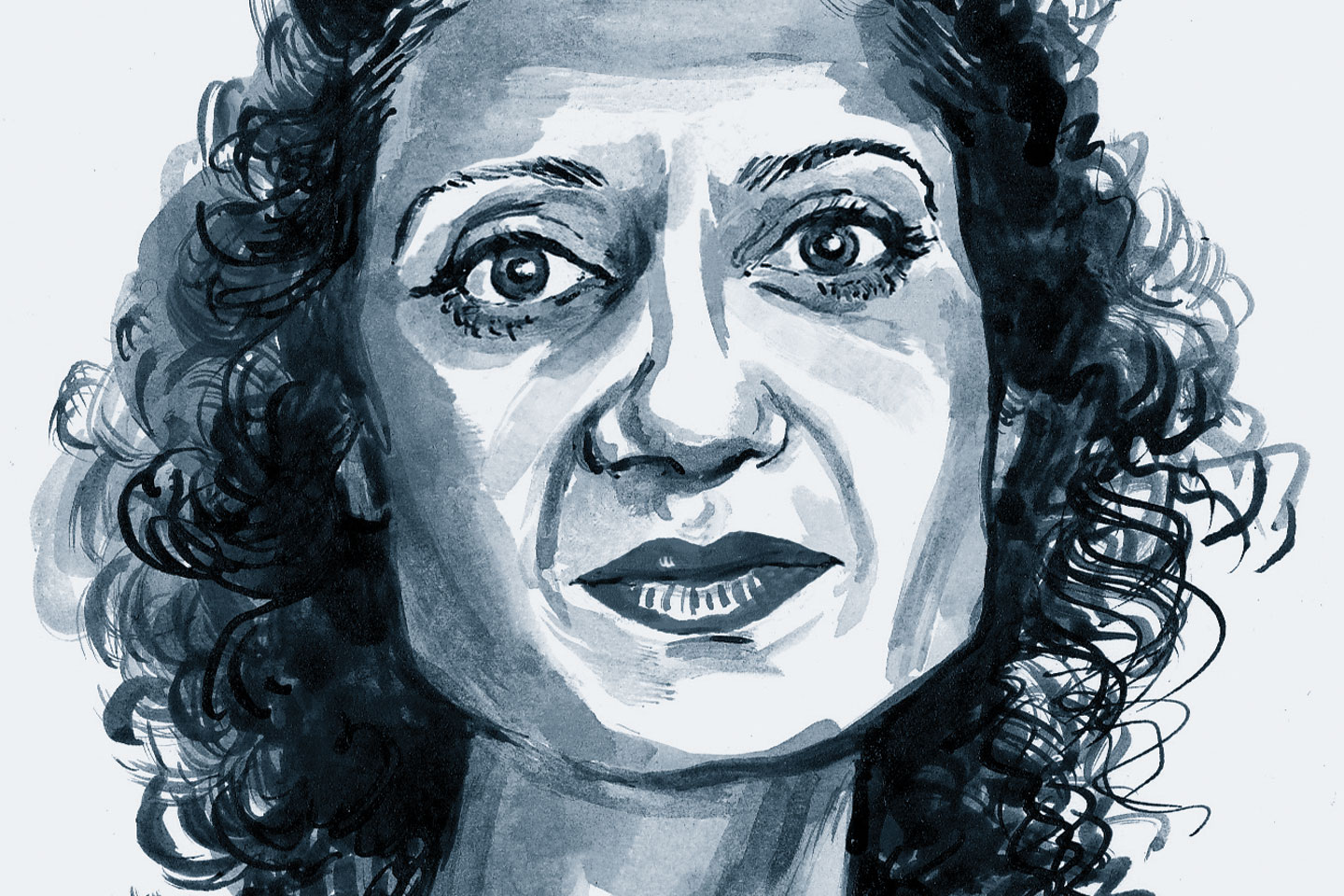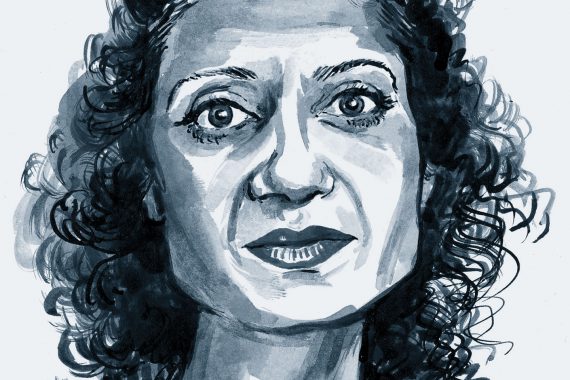
When I told my 12-year-old son I was going to write a blog on why artificial intelligence couldn’t replace GPs, he laughed in my face and asked if I knew what AI was. I stuttered something incomprehensible about algorithms and symptom sorters and he laughed some more.
‘Don’t you know AI can even learn the difference between a boy’s and a girl’s face? It can make judgment calls, just like you.’
Bored by my lack of interest in his collection of YouTube videos on the subject, he reverted to playing Fortnite, leaving me to ponder the question.
What is the unique selling point, or USP, of general practice? For me, it is that GPs are really, really good at diagnosing and managing normality. This must be one of the most frequently used quotes within my teaching sessions as a GP training programme director.
AI can never replace GPs’ emotional intelligence, empathy or common sense
As part of this role, I taught a four-hour session on consultation skills to my group of GP trainees this week. It’s my favourite topic – not because I like using fluffy cardigans to cover up my lack of medical knowledge, but precisely because this is our USP. It’s what separates us from consultants, noctors and AI (despite my son’s claims).
These skills are the foundation of our trade and are embedded throughout GP training. My GP trainee has spent 18 months having his consultations observed, dissected and analysed on a weekly basis. Just like AI algorithms, he can tap into NICE guidance on ovarian cancer or angina, but he needs his consulting skills to make sense of the mix of physical and psychological factors embodied by patients.
And this is where I turn back to my son.
‘It’s because the mind and body are connected,’ I say.
How can artificial intelligence decipher when palpitations are a manifestation of an anxiety disorder, or back pain is due to work-related stress? Those bringing AI to patient consultations – and their cheerleader, health secretary Matt Hancock – will claim its questions are discriminating enough to address such vagaries.
And therein lies the problem. Human beings are not logical. We are flawed with emotions and behave irrationally at times. These emotions serve a purpose – to enable us to connect with others in positive or negative ways. We can be scared, needy, anxious, manipulative or angry. Each symptom we present with is tied in with one or more of these emotions and so needs the emotional intelligence of another human being to unravel it.
So, AI may match the MRCGP applied knowledge test scores of my GP trainees, but it will never replace their emotional intelligence, their empathy and their common sense. It may trigger urgent referrals for cancer but will not be able to balance the nuances of shared decision making or an individualised approach for my patients. But most of all, AI will never be able to look into the eyes of my heroin addict and offer enough of a glimmer of hope to convince him to start rehab again.
Dr Shaba Nabi is a GP trainer in Bristol
Pulse October survey
Take our July 2025 survey to potentially win £1.000 worth of tokens














